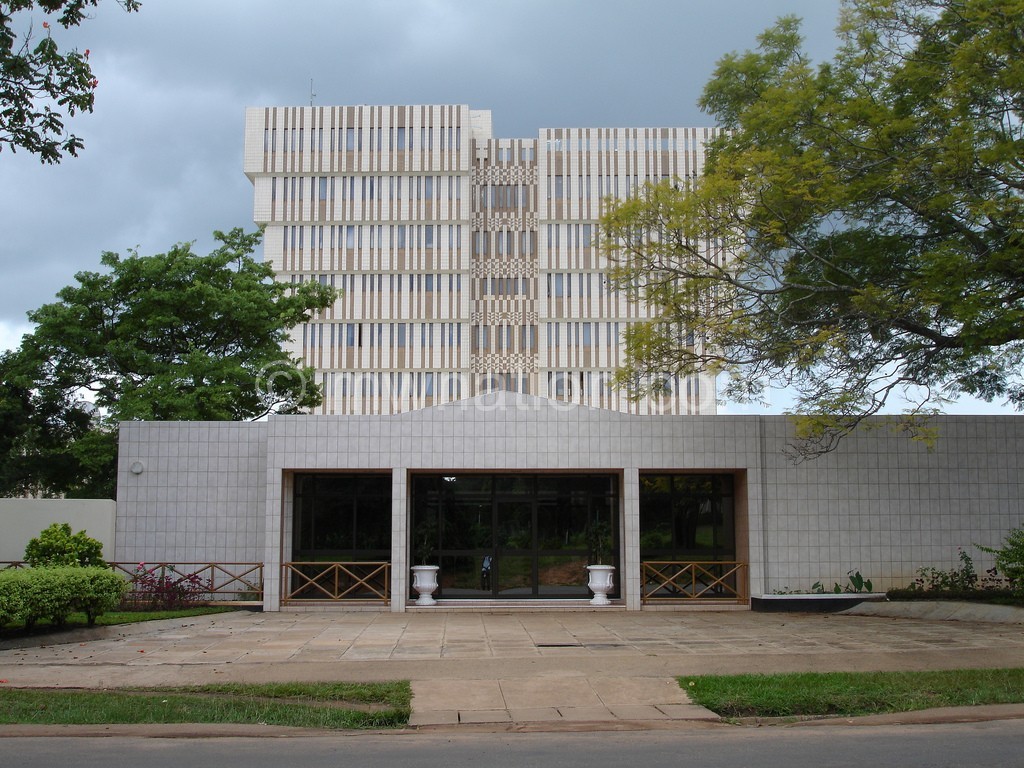RBM intensifies contractionary open market operations
The Reserve Bank of Malawi (RBM) says it is increasing contractionary open market operations—a type of policy that is used as a macroeconomic tool by a country’s central bank to slow down the economy—to remove excess liquidity that is emanating from net maturities of government securities.
RBM spokesperson Mbane Ngwira said this in response to an inquiry on a recent Financial and Economic Report which stated that the main source of liquidity injection in the banking system during the fourth quarter of 2015 was net government operations. According to the central bank, the move was mainly due to the failure to issue long term government securities as the market remained jittery to subscribe to the scheduled Treasury notes tenders.
According to the central bank, the move was mainly due to the failure to issue long term government securities as the market remained jittery to subscribe to the scheduled Treasury notes tenders.
But Ngwira said although the market has been jittery, a total of K50.14 billion (about $74.5million) long term securities (treasury notes) have been issued to the market since July 2015. Out of this amount, only K8.6 billion (about $12.7million) has been issued to the market this year.
“Government and the RBM have lined up some awareness activities including meetings and workshops that will be targeting the investing community with the aim of enlightening them about the benefits of investing in long term government debt securities such as treasury notes,” he said.
He said the bank is optimistic that the workshops and meetings will help participants and attendees to improve in their decision making and risk mitigating processes as regards investing in longer dated government securities.
Ngwira added that listing on the Stock Exchange will allow investors easy accessibility to the securities as and when market sentiments change.
One market analyst, who requested not to be identified, in an interview with Business News recently doubted the prospects of government securities doing well on the market, saying investors have fled the market due to economic underperformance the country continues to face.
“We are coming from a background and still are in an environment where inflation and interest rates are high and the kwacha itself has not been stable, making it hard for people to borrow from the banks.
“Less borrowing means less money that people use to spend on investment avenues and stock market expects people to invest residual income and if you do not have such cash, you forego such investments,” he said.
Meanwhile, RBM has issued K60 million government local debt securities to list on the Malawi Stock Exchange aimed to restructure the maturity profile of government debt as well as assist in financing maturing debt and the development budget.





